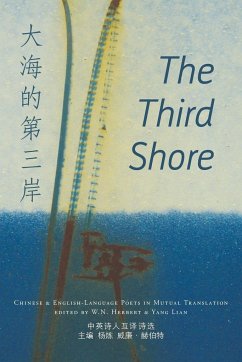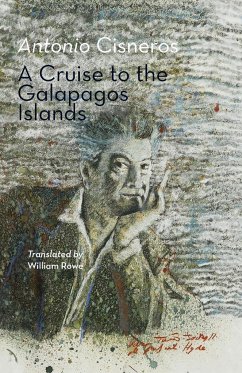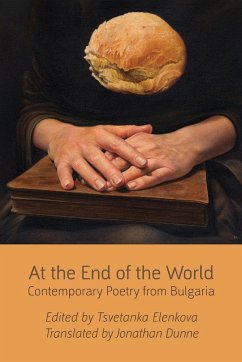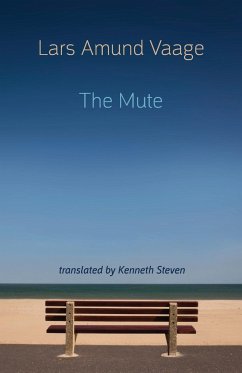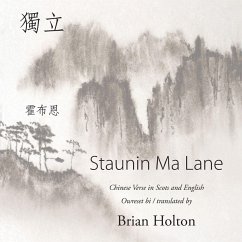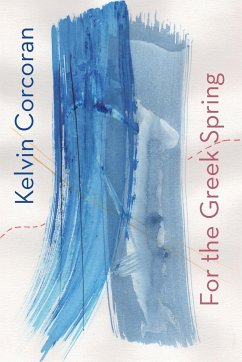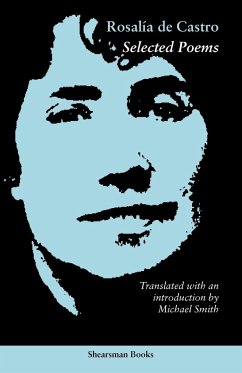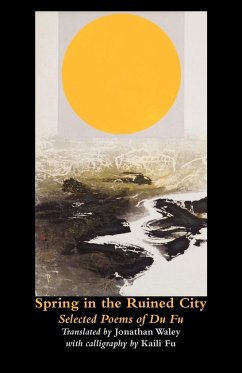
Spring in the Ruined City
Selected Poems
Versandkostenfrei!
Versandfertig in 1-2 Wochen
16,99 €
inkl. MwSt.

PAYBACK Punkte
8 °P sammeln!
The Tang dynasty (618 - 907 AD), is celebrated as the greatest moment in Chinese poetry, a time when poetry was highly rated, and some of China's most famous poets were writing. Du Fu (712-770 AD) is widely regarded as the greatest of these. He himself wrote that he aimed to startle his readers, and in some of his more avant-garde poems he combines and contrasts images in a way that has an almost modernist feel to it. On the other hand, he also enjoyed and celebrated the simple pleasures in life, and his (apparently) lighter poems about friendship and his natural surroundings show this clearly...
The Tang dynasty (618 - 907 AD), is celebrated as the greatest moment in Chinese poetry, a time when poetry was highly rated, and some of China's most famous poets were writing. Du Fu (712-770 AD) is widely regarded as the greatest of these. He himself wrote that he aimed to startle his readers, and in some of his more avant-garde poems he combines and contrasts images in a way that has an almost modernist feel to it. On the other hand, he also enjoyed and celebrated the simple pleasures in life, and his (apparently) lighter poems about friendship and his natural surroundings show this clearly.





